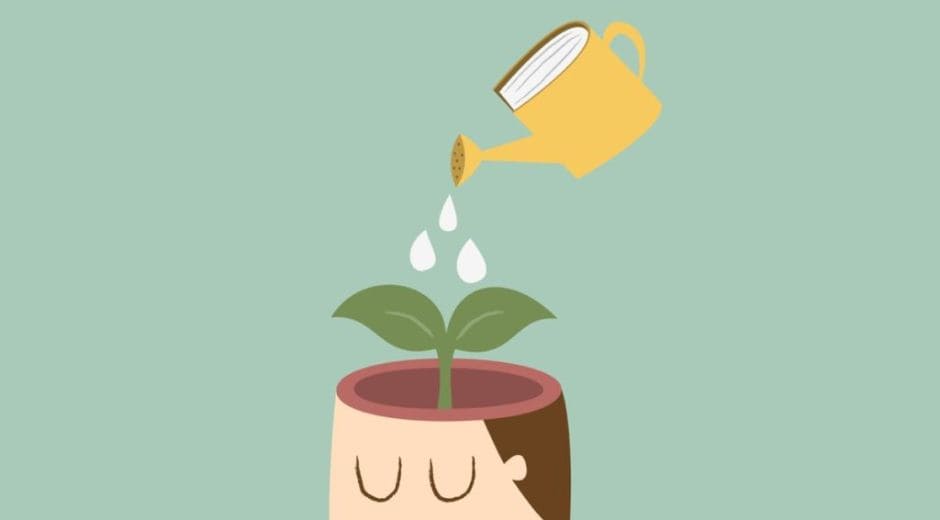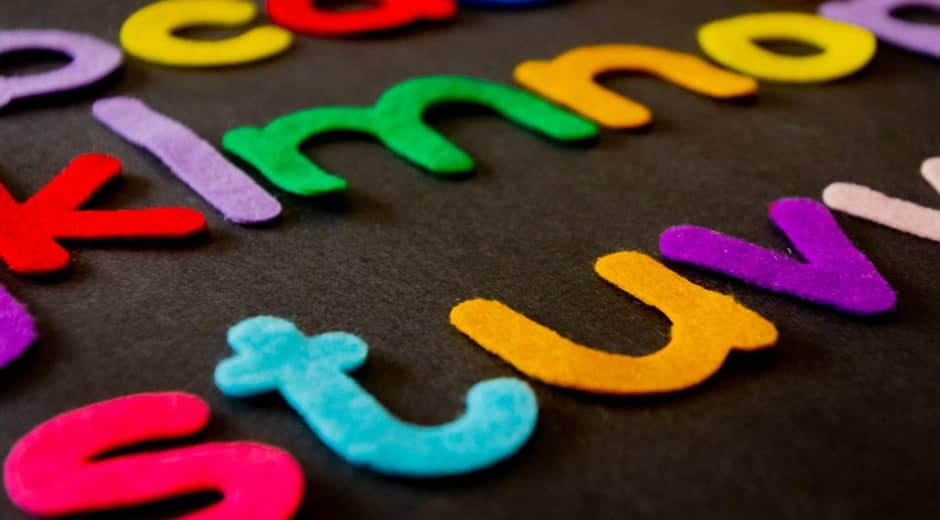Learn and Never Forget: 8 Simple Tricks to Recall Information Fast
Learn and Never Forget: 8 Simple Tricks to Recall Information Fast
Being able to never forget important information is a skill anyone can develop with consistent practice, effective strategies, and deliberate focus every day. Whether you are a student, professional, or lifelong learner, mastering techniques to never forget key concepts improves performance, confidence, and mental agility. These strategies combine mental exercises, visualization, structured learning, and active engagement to help you recall information quickly while boosting your overall brain function and memory capacity.
1. Use Visualization
Creating vivid mental images helps you never forget details for longer periods. By associating information with memorable pictures, stories, or scenarios, the brain stores data more effectively. Techniques like mind mapping, story-based imagery, or mental simulations ensure you retain complex ideas longer while making learning fun, immersive, and easier to recall when needed for exams or professional tasks.
2. Teach What You Learn
Teaching others forces you to process information deeply and helps you never forget important concepts. Explaining ideas aloud, writing summaries, or mentoring peers strengthens understanding, clarifies doubts, reinforces memory pathways, and improves critical thinking. This approach allows learners to memorize information more efficiently while cultivating communication and leadership skills simultaneously, making knowledge practical and long-lasting.
3. Data Analysis and Cryptograph3. Spaced Repetitiony
Using spaced repetition allows your brain to never forget content by reviewing it at carefully timed intervals. Tools like Brainscape make this method efficient, helping learners strengthen memory gradually, reduce forgetting over time, and retain information for longer periods. Regularly revisiting material in spaced sessions ensures that you can remember key facts during high-pressure situations such as exams or presentations.
4. Chunking Information
Breaking information into smaller chunks helps you never forget it and makes learning more manageable. Dividing complex material into meaningful groups or patterns creates mental “packages” that your brain can easily store and retrieve later. Chunking helps learners retain information efficiently, reduces cognitive overload, and ensures faster recall, improving overall study performance and comprehension in both academic and professional settings.
5. Connect to Prior Knowledge
Linking new information to what you already know helps you never forget it while making learning meaningful. By creating associations between existing memories and new concepts, the brain forms stronger neural connections. This approach allows you to remember ideas more effectively, promotes understanding across subjects, and encourages lifelong learning by integrating prior experience with new knowledge for long-term retention.
6. Active Recall Practice
Testing yourself regularly ensures you never forget important facts. Actively trying to remember information strengthens neural pathways, making recall automatic and more reliable. Using quizzes, flashcards, or self-generated questions increases retention while allowing you to memorize critical details efficiently. Active recall also builds confidence in your knowledge and trains your brain to access information quickly under pressure.
7. Focused Attention
Paying full attention during learning sessions helps you never forget material. Minimizing distractions, taking detailed notes, and engaging multiple senses improves encoding in your memory. Focused attention ensures that you can retain information accurately, retrieve it easily when needed, and apply it in practical situations, enhancing both short-term and long-term learning effectiveness while strengthening mental discipline.
8. Healthy Brain Habits
Maintaining good sleep, proper nutrition, regular exercise, and stress management ensures your brain can never forget effectively. Physical and mental health optimize memory performance, reduce cognitive decline, and support continuous learning. Healthy habits also help you remember complex information longer. For creative learning strategies and tips, check TasteFlavorBook to enhance your brain’s retention power naturally.
Conclusion: Master the Art to Never Forget
Learning how to never forget is a skill anyone can improve with consistency, practice, and effective strategies. By applying these eight tricks, you can retain knowledge faster, strengthen mental clarity, and excel academically or professionally. Explore more memory techniques, study tips, and learning strategies on our platform to continue improving your ability to remember and retain information long-term. More on StudySkillUp.
Education Made Simple

Study Focus Techniques That Actually Work
Study Focus Techniques That Actually Work

Learning Skill Awareness For Smarter Study Choices
Learning Skill Awareness For Smarter Study Choices












